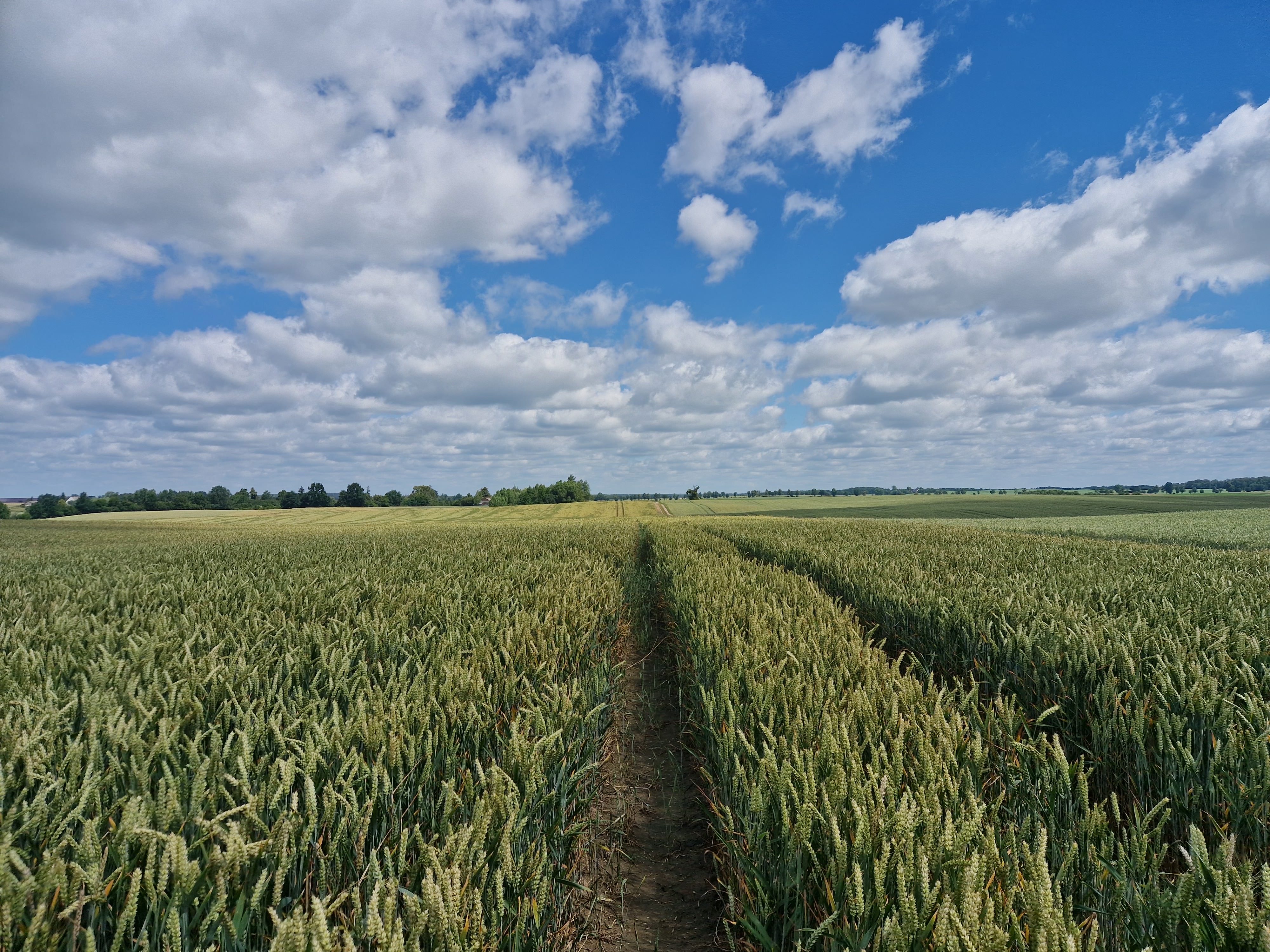When it comes to lending money, collateral is the backbone of any secure agreement. Collateral provides lenders with a level of confidence and protection in case borrowers default on their loans. However, collateral comes in many forms, and some types are more favoured by lenders than others. As an investor looking for stable returns, understanding the different types of collateral is crucial in determining the level of risk and potential reward associated with a lending opportunity. In this article, we will delve into the various types of securities and their role in lending agreements, providing you with a comprehensive understanding of how collateral works in the world of finance.
Loan-to-value ratio explained
As a provider of collateralised loans, HeavyFinance recognises the importance of securing loans with valuable assets that can provide investors with added protection in the event of borrower default. By collateralising all loans exceeding €15,000 with arable land and/or heavy equipment, HeavyFinance is able to offer investors a higher level of security while also mitigating the risk associated with lending to farmers. In certain cases, for example in Poland and Portugal, all loans are issued against collateral, regardless of the amount.
In addition to requiring collateral, HeavyFinance’s loans also limit loan-to-value ratios, which further ensures that there are sufficient assets in place to secure the loan. An independent valuator evaluates the collateral before loan granting, with maximum loan amounts set at 90% for land and 70% for heavy machinery. These measures not only protect investors, but also provide borrowers with reasonable loan terms that reflect the value of their collateral.
Furthermore, HeavyFinance’s approach to selling collateral in the event of insolvency is unique in that it ensures better returns for investors. Unlike some competitors who simply sell collateral to collection agencies, HeavyFinance’s experts take a more strategic approach, which can result in significantly more repayments.
Types of collateral provided by HeavyFinance
Heavy Equipment
In financial lending, heavy equipment serves as a valuable form of collateral due to its high intrinsic value and potential liquidity on the secondary market. HeavyFinance and other lenders in similar industries are likely to favour such assets, given their stable market demand and limited depreciation. In this sense, heavy equipment collateralization can offer a reliable and secure investment opportunity for lenders seeking to mitigate risks associated with unsecured loans.
Land
As with heavy equipment collateral, land collateral operates on a first-lien mortgage basis, meaning that the lender holds a lien on the property and can foreclose and sell it to recover the loan amount in the event of default. Because land is a tangible and valuable asset that tends to appreciate in value over time, it is seen as a relatively secure investment by lenders. This is particularly true in the context of agricultural loans, where land represents the core asset of the borrower’s business and serves as a reliable source of repayment for the lender.
State Guarantee
State guarantees can be a valuable alternative to provide additional security for lenders. These are often issued with larger loans. HeavyFinance, for example, has partnered with the Agricultural Credit Guarantee Fund of Lithuania to provide more financial protection for loans to small and medium-sized farmers in Lithuania. Loans that meet the fund’s criteria are guaranteed with up to 80% repayment of the outstanding credit. If a borrower defaults, the fund covers the difference between the unpaid credit amount and the income received by the credit institution from the collection. This collaboration enables HeavyFinance to expand its offerings while also reducing risk for investors, creating a win-win situation for both the lender and the borrower.
Personal Liability
HeavyFinance uses personal liability, also known as sole accountability, as the most basic form of security for loans below €15,000. In case of default, the lender has the right to seize these assets ranging from cash savings to a personal vehicle or home, and sell them to recover the loan value. This is executed in a general manner where secured creditors have the highest priority followed by unsecured creditors. Loans secured by personal liability usually have higher interest rates than those secured by first-rank collateral, but are issued faster and often used for working capital. HeavyFinance conducts a risk assessment of the farmers, assigning them an A+ to C rating, and only provides loans to those who present a lower risk.
Importance of the types of collateral when investing
Understanding the various types of collateral is fundamental to assessing the level of risk and potential reward associated with a lending opportunity. HeavyFinance’s collateralized loans limit loan-to-value ratios and ensure sufficient assets in the collateral, providing better security for investors. Personal liability, heavy equipment, land, and state guarantees are some of the most common types of securities that borrowers can pledge, each with its unique features. By conducting a thorough risk assessment and choosing the appropriate type, borrowers can access better loan terms, while lenders can enjoy greater protection and returns.
This feature allows HeavyFinance to offer a reliable and trustworthy investment platform for those looking to support sustainable agriculture while earning solid returns with minimised risks.



